Description
According to a survey conducted by Owl Labs, a third of workers would accept a minor pay cut in order to be able to work from home.
Working remotely has become commonplace in a number of industries, including IT, customer service, consulting, and even teaching, and continues to rise in popularity. There are a number of notable benefits derived from remote work, on both sides of the company coin. Employers save money on the costs of maintaining a busy office. But that’s not all: research has shown that employees who work from home are able to achieve a greater sense of work-life balance, and are more motivated, engaged in their work, and satisfied with their job (Tavares, 2017). This translates to higher productivity, and an increase in the bottom line. Working remotely also means that workers don’t have to deal with chronic stressors such as traffic and office politics.
Evidently, there are disadvantages to a remote work arrangement as well. With less supervision, employers need to find ways to ensure that cyber-loafing and slacking off don’t become an issue, and that productivity levels remain high. Goal alignment issues can arise, ambiguous goals can be misinterpreted, and work can proceed on the wrong tangent without anybody noticing for days or even weeks. More frequent progress meetings may also be necessary. Remote work might require implementation of control methods to review emails, track website visits, and keyboard activity (or lack thereof). In addition, some people who work from home struggle with family distractions or isolation, and could find themselves taking on a larger workload than they are used to. Others have compliance issues and are simply difficult to control. What this all means is that working from home is not an ideal setting for everyone.
People who thrive in a remote work arrangement tend to possess a specific set of skills and traits. Although working from home might seem like a breeze, the burden of responsibility that rests on employees’ shoulders won’t be any lighter. They need to be able to maintain a consistent level of output, to avoid distraction, make their own decisions, and be autonomous, and they need to be able to do all this without immediate support and constant supervision.
Purpose: RWAA is designed to determine whether a person is suited for remote work in terms of personality, attitude, and conduct.
Vitals
No. No. of questions: 170
Question type: Self-assessment, situational
Estimated completion time: 60-75 minutes
Shorter versions of assessment: N/A
Recommended age level: 18+
Qualification Level: Class A
Compliance: APA standards
Validation Information:
● Sample Size: 613
● Cronbach’s Alpha range: 0.81 to 0.96
● Validation study is ongoing
Features
Benchmarks: Available
Interview Questions: Available
Group Comparisons: Available
Report Includes:
● Overall suitability for remote work
● Introduction
● Graphs
● Detailed narrative interpretation
Factors and Scales:
Overall Score plus 3 factors and 23 scales:
● Remote Work Skills: Assesses whether a person possesses the skills needed to be an effective
and productive remote worker. This factor is broken down into the following scales: Organization,
Time Management, Focus, Goal-Setting, Initiative & Proactivity, Stress Management, SelfMotivation, Adaptability, Communication Skills, and Self-Discipline.
● Remote Work Traits: Assesses whether a person possess the necessary traits to be a selfsufficient, conscientious, and scrupulous remote worker. This factor is broken down into the
following scales: Reliability, Rule-Following, Honesty / Integrity, Accountability, Autonomy,
Comfort with Decision-making, Self-Awareness, Tolerance for Ambiguity, Tolerance for Social
Isolation, and Desire to Work Remotely.
● Remote Work Hindrances: Assesses whether there are any impediments that can impact a
person’s ability to thrive in a remote work environment. This factor is broken down into the
following scales: Procrastination, Need for Approval, and Need for Stimulation / Entertainment.

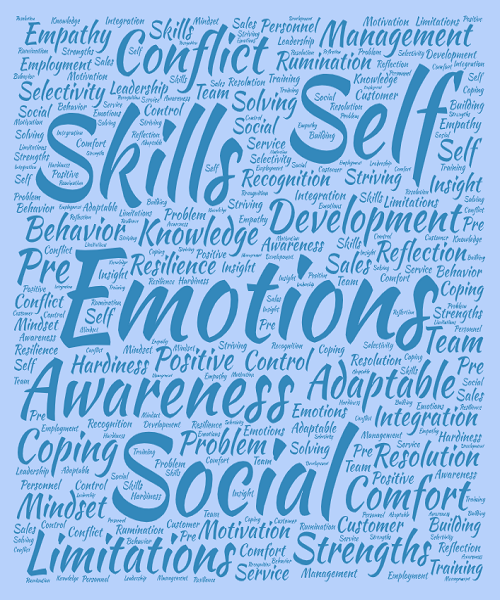
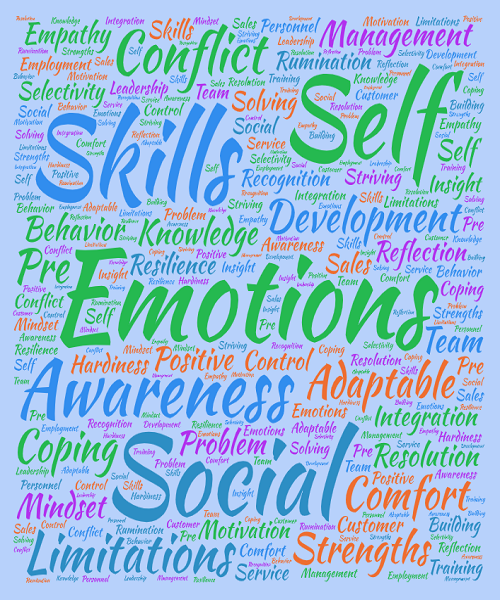
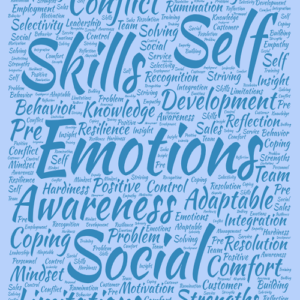
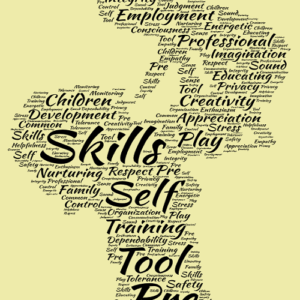
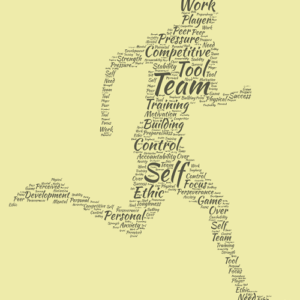

Reviews
There are no reviews yet.